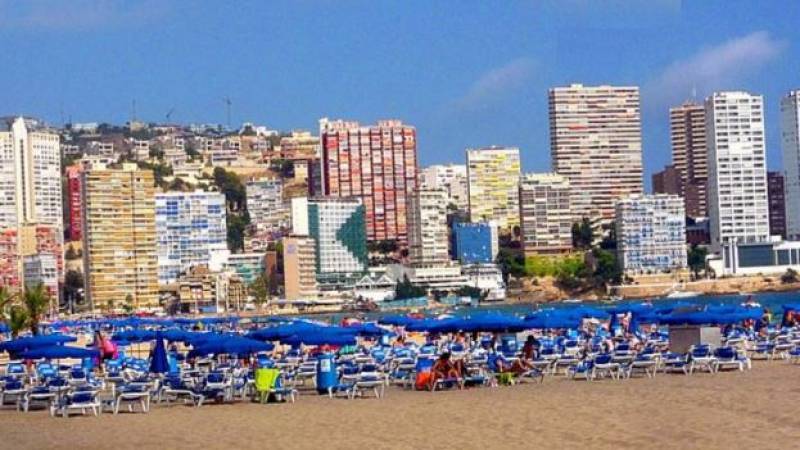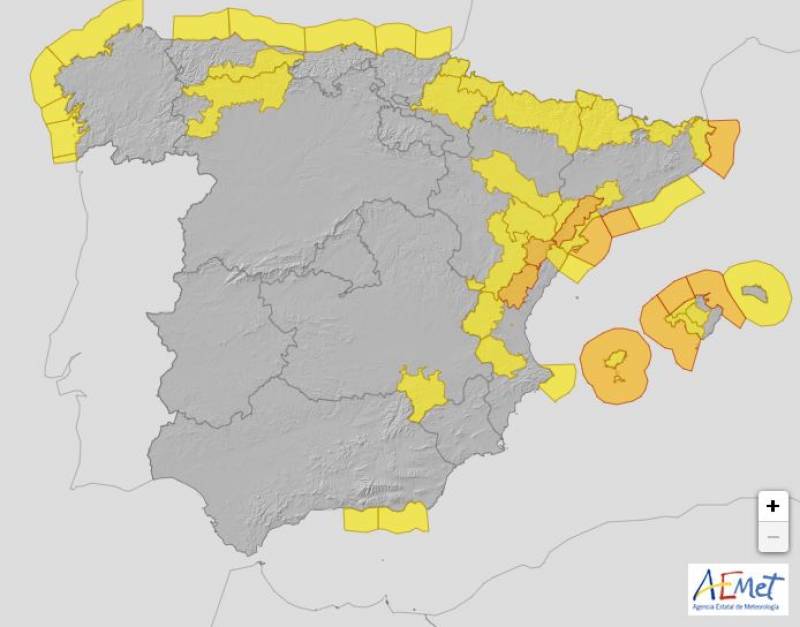Date Published: 10/10/2024
How foreign migration is helping Spain grow a competitive economy
ARCHIVED ARTICLE -
Amid demographic challenges, migrants offer Spain a lifeline for growth and sustainability despite public concerns
While the influx of migrants has sparked controversy, particularly from the far-right Vox party, which frames the arrivals as an “invasion”, the reality is that Spain’s economy may depend on these new residents.
At the heart of the issue is Spain’s demographic crisis. The country, like many others in Europe, is facing a sharp decline in birth rates and an ageing population.
Professor Javier Díaz-Giménez of the IESE business school warns that Spain’s “baby boom” generation, born between the mid-1950s and late 1970s, is now approaching retirement, but there are not enough workers to replace them.
“The next 20 years are going to be critical, because more and more people are going to retire,” says Díaz-Giménez. With 14.1 million people expected to retire during this period, the country is staring down a significant labour shortfall.
One solution could be automation, as seen in countries like Japan, which has also faced low birth rates. However, the more immediate and effective alternative is immigration. Spain’s
central bank estimates that the country will need around 25 million immigrants over the next 30 years to keep the economy on track.
These figures are daunting but point to a clear opportunity: a growing and youthful migrant workforce could be the answer to sustaining economic growth, securing the future of pensions, and maintaining Spain’s social security system.
President of the Government of Spain Pedro Sánchez has openly advocated for the role of migrants in building a prosperous Spain. On a recent tour of Mauritania, Gambia and Senegal, Sánchez emphasised the essential contribution of migrants to the economy, describing them as a source of “wealth, development and prosperity” for the country.
His government is backing these words with action, proposing to
legalise the status of up to 500,000 undocumented migrants, many of whom are from Latin America. This would mark Spain’s tenth mass regularisation of immigrants since its transition to democracy, the most recent one occurring in 2005 under a previous Spanish Socialist Workers’ Party (PSOE) government.
Additionally, Spain’s government is set to overhaul immigration regulations in November, aiming to
streamline the process for migrants to obtain legal status and to cut through the red tape that often slows their integration into society. The move is designed to make it easier for migrants to settle and work in Spain, enabling them to contribute more fully to the economy.
However, public opinion remains a challenge. A recent poll shows that 41% of Spaniards are “very worried” about immigration, with many associating it with insecurity rather than economic growth. Despite this, the contributions of migrants, particularly in filling critical labour gaps, are undeniable.
For asylum seekers, Spain offers the chance to work six months after their arrival. Dolores Queiro of the San Juan de Dios Foundation, which runs a migrant centre in Villaquilambre in the province of León in northwestern Spain, stresses the importance of preparing asylum seekers for employment.
“We place great emphasis on them learning Spanish, as well as offering them training courses and classes on risk avoidance,” says Queiro. As the date for their work authorisation approaches, her organisation reaches out to companies looking to hire, and businesses also contact the centre directly, knowing that the centre’s residents are eager to work.
While immigration may be viewed with suspicion by some, the reality is that it offers Spain a way to address its demographic challenges and keep its economy competitive. The country’s future prosperity may well depend on its ability to embrace this growing, dynamic workforce and to support their integration into Spanish society, turning what is often seen as the European migrant crisis into an opportunity.
article_detail

|
Read more articles about Illegal Migration






























